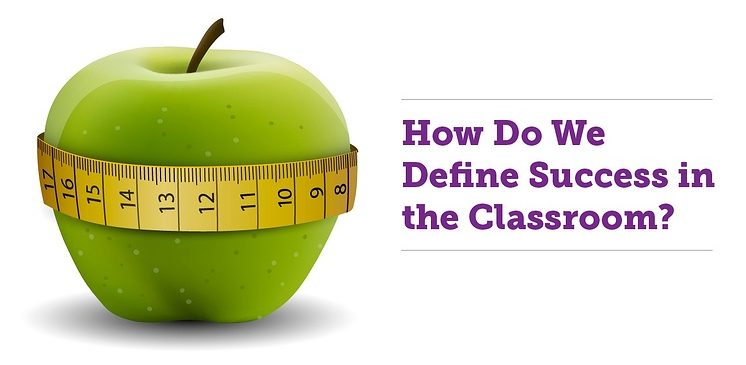- Home
- About Us
- Admissions
- Academics
- School Life
- Contact
- Uniforms

If we truly value something, we measure it. This statement should be true, but too often in schools, it is not. Think about the things that we measure: state test scores, perfect attendance, grades, office referrals—the list goes on. It isn’t that these things aren’t important, it’s that they probably aren’t the most important.
Why not? Most educators and parents know that these things we measure all too often don’t end up equaling student success later in life. There are correlations between good grades and post-secondary success, but aren’t there other more important factors that students need to be successful? If so, why aren’t more schools measuring those factors? This is really the key question for schools and what sets us apart.
When we think of “successful” students here at Bethany, we don’t necessarily think about grades first. We believe in assessing non-academic factors such as being a good coworker, having perseverance and a good work ethic, and the ability to solve problems and think critically. These are skills that will help students be successful in college and in the workforce. Once a student lands their first job, their GPA becomes nearly irrelevant in most industries.
So what does Bethany do to change the focus and measure what we value—or what we should be valuing? Here are some examples:
This is a skill that’s critical early on in our educational life and later on as we enter the workforce. A study from AJPH followed a group of kindergarten students for decades to track their success as adults. What it found was having early skills around cooperation, sharing, and the ability to focus in the classroom had long-term educational and health benefits. This isn’t surprising in and of itself, but it does emphasize how important early social skills are for students. Instead of an intense academic focus for young students, we focus on cooperation and working as a team. Most employers would say the same—coworkers need to be able to get along with others and work as a team in order to have success in the 21st century workplace.
Measurement: This is measured both by teachers and students. Peer rating scales on projects give students a good chance for feedback about cooperation and working together. Teachers also monitor and provide feedback about team activities. Team-building strategies are great tools we use to increase students’ ability to cooperate.
As students become adults, they must have an ability to self-monitor their behavior. This independence is not something that is necessarily fostered in most schools. There are multiple ways to help students with this—and just assigning more homework really isn’t the key.
Measurement: This skill can be measured and monitored by doing longer, ongoing projects for students. This is one of the key indicators for “engaged students” used by Gallup for its nationwide student engagement survey. A student who can plan, organize, and see a project through to the end over time has the self-monitoring ability to do the same in college or in the workplace.
Goal setting is one of the effective instructional strategies that we find in the research of Marzano. This has been around for a number of years and, as educators, we can see why it is critical for students to set goals in order to be successful.
Measurement: This isn’t about “grading” how well students set and achieve goals—it’s about feedback and process. Having a program that allows students to monitor progress, set leveled goals, and achieve rewards when they reach their goal is a great tool we use here at Bethany.
These are not the only skills that students need in order to be successful, but to target what will truly help students—and to then start measuring it—shifts the focus away from grades or attendance and toward social skills and authentic learning in our measurement of success. At Bethany, we believe in educating the mind, spirit and body from start to finish!
Main Campus Administration
1100 Dorchester Ave
West Melbourne, FL 32904
Office: 321-727-2038
Fax: 321-729-4212
[email protected]
Mon – Fri 8:00am. – 4:00P.M.
Click here for summer hours
Parent Login
